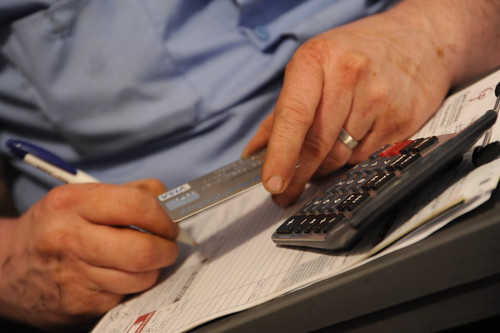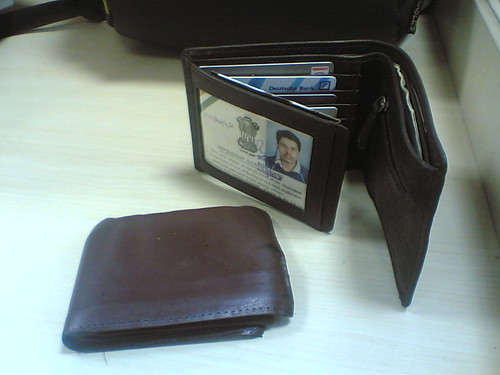Maybe you’ve never established your own credit rating. Maybe you have, but you made some poor choices about how you handled your money and now that credit rating is in the cellar. Or maybe you have bad credit due to circumstances beyond your control. Whatever the reason, you don’t have to be stuck with bad or nonexistent credit forever. There are still some options available that can give you what you need now, as well as help you establish a better credit rating for the future.
Why Credit Matters
Good credit isn’t important just for loans and credit card applications, according to LaToya Irby of credit.about.com. Landlords check credit ratings when they decide whether to offer someone a lease. Employers often use credit ratings as an indication of how responsible a potential employee is—if they’re responsible with their money, there’s a good chance they’ll be a responsible worker for their company. Even some utility companies check credit ratings before they’ll start services with a customer.
Options for Rebuilding
Since good credit is so important, does that mean that you’re sunk if your credit isn’t so good, or if you haven’t yet established your own credit? There are actually still some options open to you improve that situation.
One possibility is to use prepaid cards for purchases. You use them at the store like credit cards, but instead of charging your purchases to a line of credit, the price of the purchase is deducted from an amount that you’ve prepaid to your card earlier. It basically means that you’re paying up front, rather than paying off a balance later. Responsible use of these can help you build or rebuild your credit.

Another option is a high-interest credit card with a low credit limit. These are easier to qualify for than other credit cards, so you can still have the convenience of a credit card despite your credit history. Again, use this opportunity to show that you can use a credit card responsibly, and your credit rating will increase.
Starting Early
Having a credit card in your name can be an important step toward establishing your own credit rating. If you’re married, don’t make the mistake of thinking that a card in your spouse’s name is all you need. If something happens to your spouse, you’ll want to already have your own credit established. Obtaining and responsibly using a credit card in your own name can help you do this.

Young adults starting out unfortunately often make mistakes with their first credit cards, spending well beyond their means to pay back. It’s important to remember that while credit cards used responsibly can help build a good credit rating, credit cards used irresponsibly will bring your credit rating down in a hurry.
Advice from the Federal Government
The Board of Governors of the Federal Reserve System has some tips for anyone who is interested in improving their credit scores. Simply pay your bills on time, for starters. Pay down any debt that you have. And don’t apply for several credit cards within a short time period; it raises eyebrows and lowers your credit scores. More useful suggestions are available at their website at www.federalreserve.gov.
While bad credit can hold you back, it doesn’t have to keep you down. You still have options and resources available to you to help you bring that credit rating up.
Author: Andrew Bennett is a finance consultant who suggests obtaining a credit card to rebuild credit history once it has been damaged.





